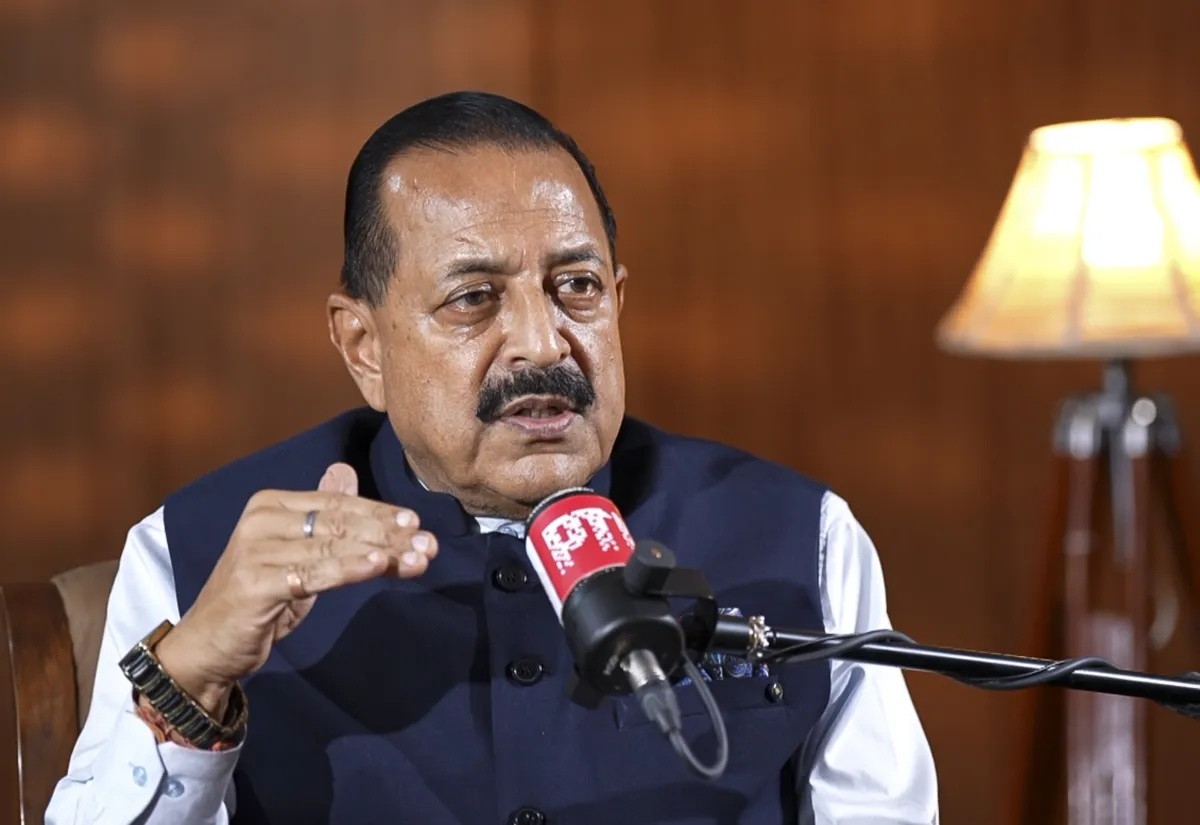
Expanded Leave Entitlements for Central Government Employees
Union Minister of State for Personnel Jitendra Singh has clarified that Central government employees are eligible for a total of 30 days of earned leave annually, which can be utilized for personal reasons such as caregiving for elderly parents. This update was announced during a parliamentary session, emphasizing the government’s commitment to balancing work responsibilities with personal obligations. The minister highlighted that the Central Civil Services (Leave) Rules, 1972, provide a comprehensive framework for leave entitlements, allowing employees to combine various leave types to meet their specific needs. This policy adjustment reflects a growing recognition of the importance of work-life balance in public sector roles.
Detailed Breakdown of Leave Types and Eligibility
Under the existing service rules, Central government employees can access a combination of leave types, including 30 days of earned leave, 20 days of half pay leave, 8 days of casual leave, and 2 days of restricted holidays. These leave options are designed to accommodate diverse personal circumstances, from family emergencies to health-related needs. Singh emphasized that all these leave types are available for any personal reason, including the care of aging parents, which has become a significant focus in recent policy discussions. The flexibility in leave combinations ensures employees can manage their responsibilities without compromising their professional duties.
Government’s Response to Vacancy and Post Management Queries
In addition to addressing leave entitlements, Singh provided insights into the government’s approach to managing vacancies and sanctioned posts. He explained that the filling of vacancies across ministries is an ongoing process, driven by the specific needs of each department. As of March 1, 2021, the total number of sanctioned posts in the central government reached 40,35,203, underscoring the vast scale of public sector operations. The minister noted that the distribution of posts varies across departments, with particular emphasis on sectors like railways, defense, home affairs, and the postal department. This data highlights the government’s efforts to maintain operational efficiency while addressing staffing requirements.
Broader Implications for Work-Life Balance Policies
The updated leave policy for Central government employees signals a shift toward more inclusive and flexible work arrangements. By explicitly allowing leave for caregiving responsibilities, the government is addressing the needs of a diverse workforce, including those with family obligations. This aligns with global trends in workplace policies that prioritize employee well-being. The inclusion of multiple leave types also provides a safety net for unexpected personal emergencies, ensuring that employees can manage their lives without undue stress. Such policies not only enhance job satisfaction but also contribute to long-term productivity and retention in the public sector.
Future Outlook for Government Employee Welfare
As the government continues to refine its service rules, the focus on employee welfare is expected to expand further. The recent clarification on leave entitlements sets a precedent for future policy updates, which may include additional benefits or adjustments to existing frameworks. With the increasing emphasis on work-life balance, it is likely that more provisions will be introduced to support employees in managing personal and professional responsibilities. The ongoing dialogue between policymakers and employees will play a crucial role in shaping these developments, ensuring that the needs of the workforce remain at the forefront of administrative decisions.




